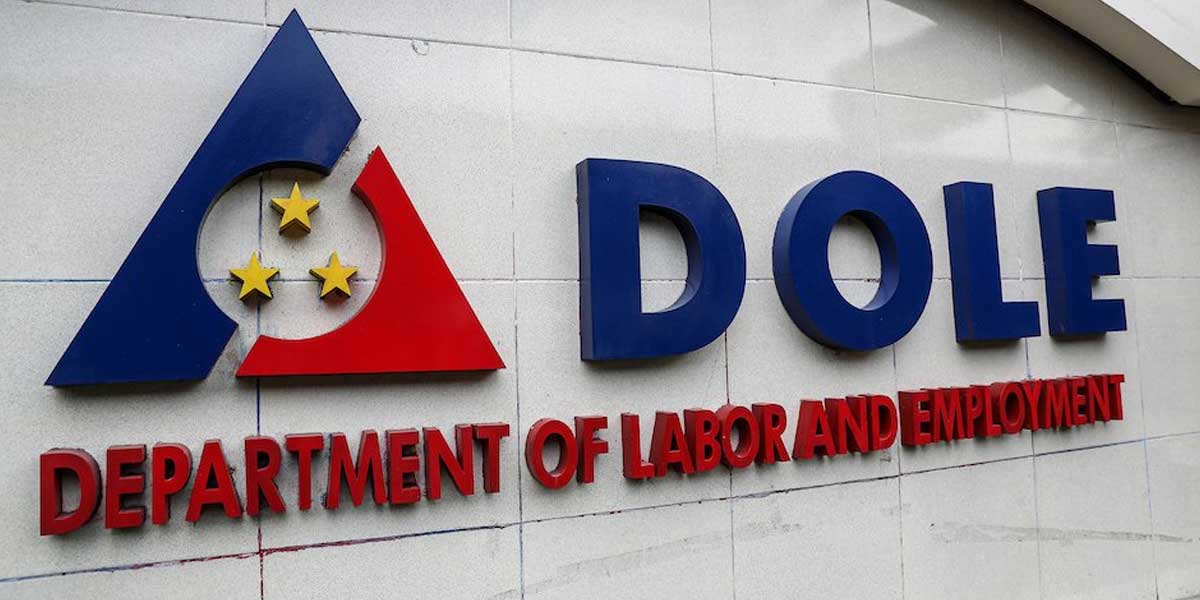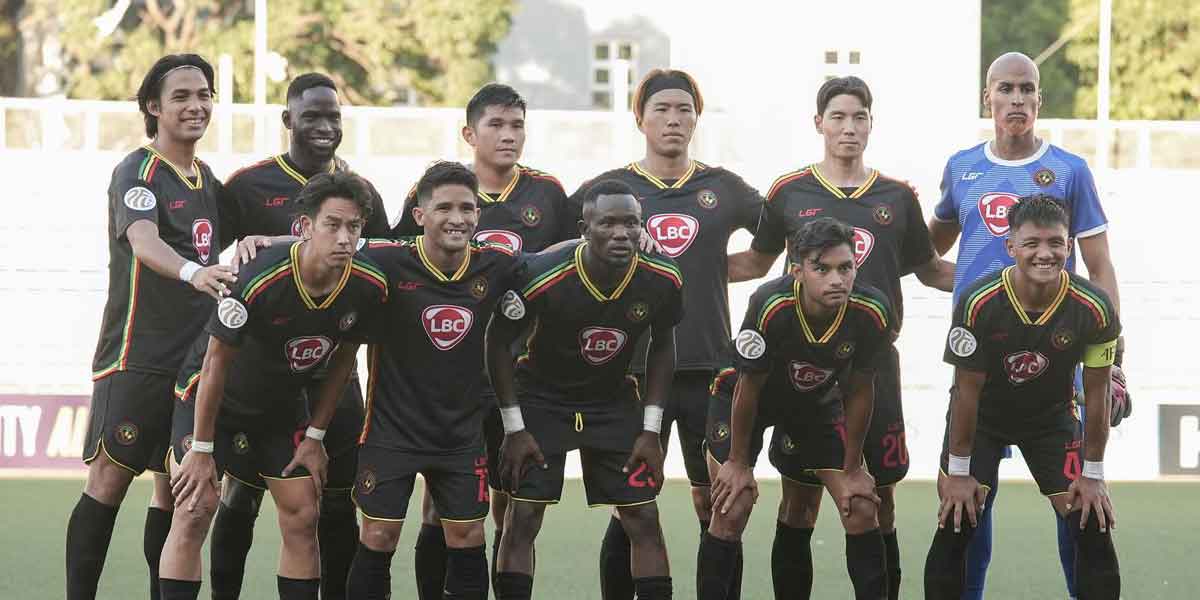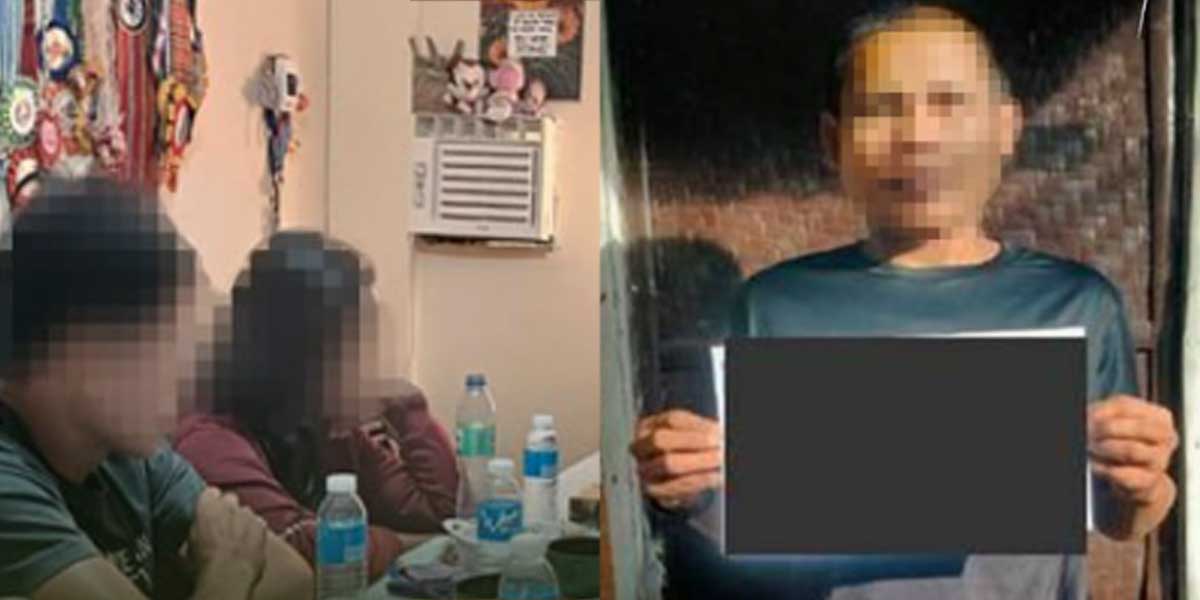The Cabinet should quickly roll out the “ayuda to the poor” which Malacanang guaranteed last week as forthcoming in areas under enhanced community quarantine, Senator Joel Villanueva said today.
“That will also be in compliance with the President’s order,” Villanueva said in a statement. “Ang mahigpit na pangangailangan ng mga tao ngayon ay ibang klaseng ECQ, o Emergency Cash sa Quarantine.”
“Quarantine is an imposed economic calvary. Penitensya ng mga tao. Dalangin ko po na mabawasan ang kanilang hirap,” Villanueva said.
The quarantine in Metro Manila, Bulacan, Rizal, Cavite and Laguna, which has limited mobility and shuttered shops, will lead to income loses for breadwinners many of whom had already taken pay cuts or agreed to fewer work days.
Villanueva said it is not an exaggeration to say that rice pots in millions of households have gone empty. He said the top-to-bottom infrastructure – human and IT – in downloading cash aid to 18 million families in the nationwide aid registry is in place.
Self-rated hunger plagued 23 million Filipinos or 1 in 5 according to the results of a Social Welfare Station poll in November last year, “a number that will surely go up due to the spike in food prices,” Villanueva said.
Lockdowns have also taken a toll on jobs with some four million unemployed, according to a government count issued in January, but a survey in the middle of last year came up with 27.3 million jobless, or four times the official figures.
Villanueva said “a conservative opening salvo” of granting 15 million families a P5,000 cash aid each will cost P75 billion, “which can be put together from within the current budget and from loans.”
The President has the power to augment expenses by pooling funds from non-essentials in the GAA, Villanueva said.
“Kung kukuhanin po yan sa utang, itong P75 billion ay 3% ng P2.74 trillion na inutang natin last year. Yang P75 billion, 10 araw lang na loans,” Villanueva said.
Two rounds of emergency amelioration were granted under the Bayanihan Laws I and II which Congress passed last year to finance the government’s pandemic response.
Under the first Bayanihan law, cash aid of P5,000 to P8,000 to 18 million poor families a month for two months was authorized.
Senators and congressmen later discovered in the course of their oversight hearings that about P41 billion, or 26 percent, of the P165 billion worth of funds under Bayanihan 2 has yet to be disbursed.






















